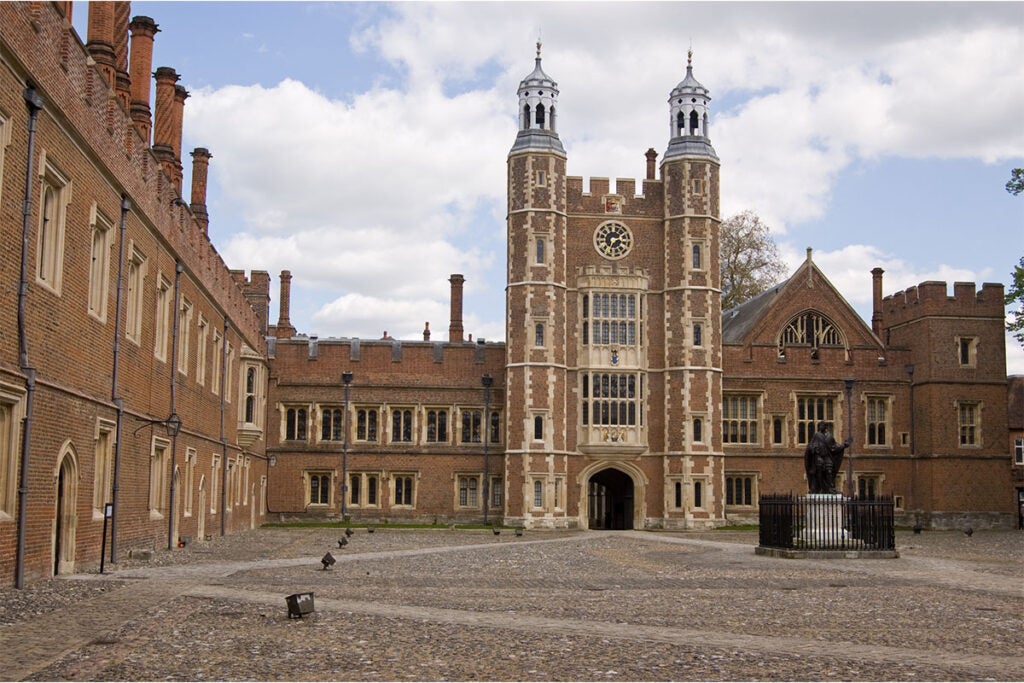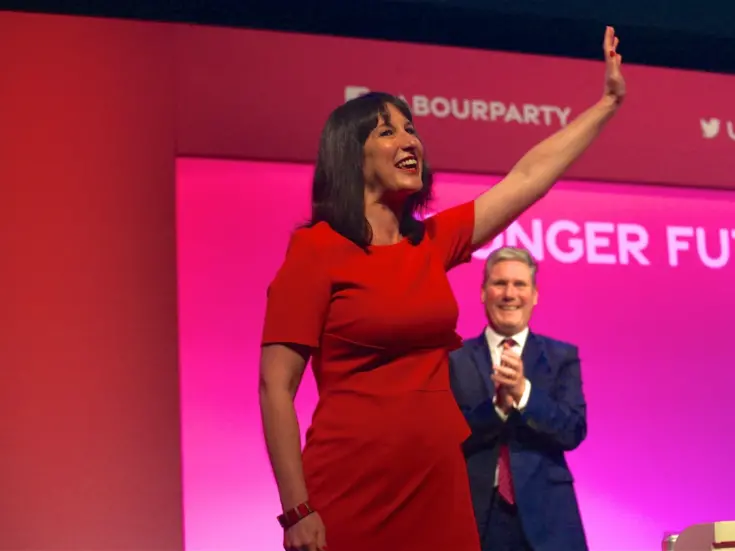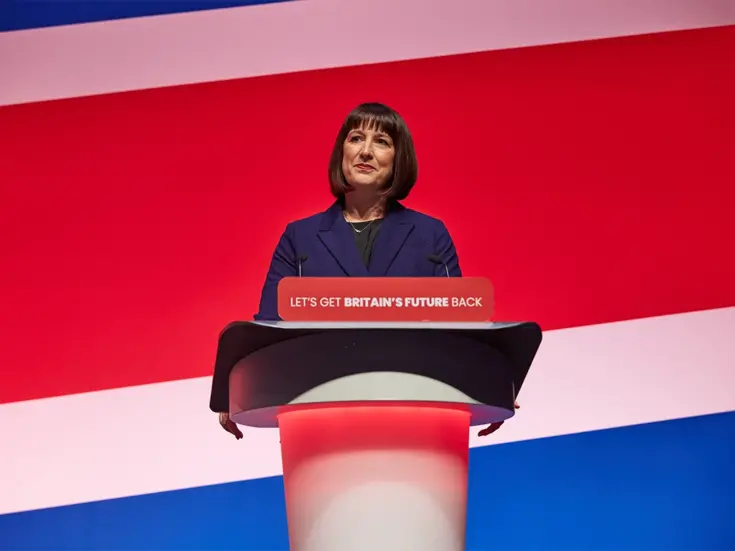
Advance fee payment schemes have long been offered by Britain’s private schools as a way for parents to reduce the cost of education by paying a lump sum in advance. In recent months, however, these schemes have made headlines as it has been suggested they might be a way to avoid Labour’s proposed VAT levy on fees.
[See also: The 25 best UK senior schools in 2024]
Labour’s pledge to levy VAT on private school fees
Sir Keir Starmer has pledged to end tax breaks for private schools if he becomes prime minister.
Labour leader first announced in 2021 that his party would strip private schools of their VAT exemption. This means that leading British schools like Harrow and Cheltenham Ladies’ College will see their annual fees increase by 20 per cent. A parent paying the roughly £50,000-a-year fees for Eton College could end up paying an extra £10,000 a year if the full increase is passed on.
[See also: Britain’s most expensive schools]
The date this policy will be implemented will be guided by the date of the general election, which has yet to be confirmed. However, there is a chance that parents could be expected to absorb the higher fees with just a few months’ notice.
Questions over how much the private school VAT levy would raise

There have also been questions around exactly how lucrative such a scheme would be.
The Institute for Fiscal Studies (IFS) estimates that removing the 20 per cent tax exemption for private schools would generate about £1.6 billion a year in extra tax revenue, although this figure has been disputed.
Whether this estimated figure is accurate depends on the number of parents who would move their children from private schools to the state sector in response to higher fees.
Based on a previous estimate from the IFS, the 2019 Labour Party manifesto suggested that the drop in private school attendees would only be 5 per cent. However, educational consultancy Baines Cutler predicted in a 2018 report that as many as a quarter of pupils could make the switch.
[See also: How much money would Labour’s proposed VAT levy on private schools raise?]
The shift would also place a far greater burden on the state. In June, research by educational think-tank EDSK found that if a quarter of pupils switched from private schools, the government might raise only a net £19 million. In a post on LinkedIn analysing Labour’s proposals, a pensions specialist at Aon, Paul McGlone, likened the party’s claims to the much-contested ‘£350 million a week’ figure emblazoned on the side of the Brexit bus.

The scheme has also faced widespread criticism. Writing in Spear’s, Gareth Parker-Jones, the head of Rugby School, noted that adding VAT – and potentially making school fees 20 per cent more costly for families – ‘would inevitably mean that some hard-working parents are driven from the sector’.
He added: ‘Their children would then need to be educated by an already stretched state education system. Far from raising income for the Treasury, it has been calculated that by Year Five the policy would cost the taxpayer an additional £400 million a year.’
There have been reports suggesting that schools were be more aggressive in their courting of overseas students in order to make up the deficit in British students driven away by the fees.
Could advance payment of school fees avoid VAT?
Understandably, private schools are already worried about the impact this might have on their student numbers – and bottom lines – and are reportedly finding ways to take action.
The Sunday Times previously reported that some schools, including St Dunstan’s College in south-east London, and Merchant Taylors’ School, in Hertfordshire, made parents aware that they might be able to avoid the potential VAT-induced price hike by paying fees upfront using advance fee payment schemes.
[See also: Why Labour’s VAT plan for private schools doesn’t add up]
‘A potential form of mitigation is for parents to make use of our existing fees in advance scheme. This is not a new initiative, having been in place for many years and the discount offered remains the same as previously,’ St Dunstan’s head teacher Nick Hewlett reportedly wrote to parents in 2023. ‘We did not encourage parents to use the scheme and we did not give either financial or legal advice.’ Merchant Taylors’ School reportedly said its advance payment scheme ‘may provide parents with a degree of long-term assurance in the current climate’.
Why advance fee payment schemes might not be a way to avoid VAT on private school fees
Hopes that advance fee payment schemes might be a way to avoid or lessen the blow of the VAT increase on private school fees were dashed last month when shadow education secretary Bridget Phillipson confirmed that Labour is considering imposing the policy retroactively.
Phillipson pointed to a precedent set by George Osborne when he made VAT changes in 2010, saying it was an effective way to eliminate loopholes.
‘We would make sure that the legislation is drawn in such a way to ensure that avoidance can’t take place,’ Phillipson said at an event in January. ‘There is precedent for that. Back in 2010, George Osborne, when he made VAT changes, did something very similar.
‘So we’re clear there was precedent when the legislation was drawn in such a way that it is effective in raising the money that we need to invest in our state schools.’
This possibility had been previously raised by the Independent Schools’ Bursars Association (ISBA), which warned parents taking advantage of advance fee payment schemes to take care.








